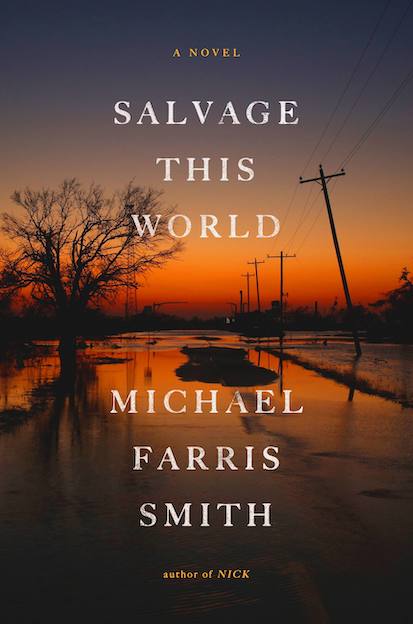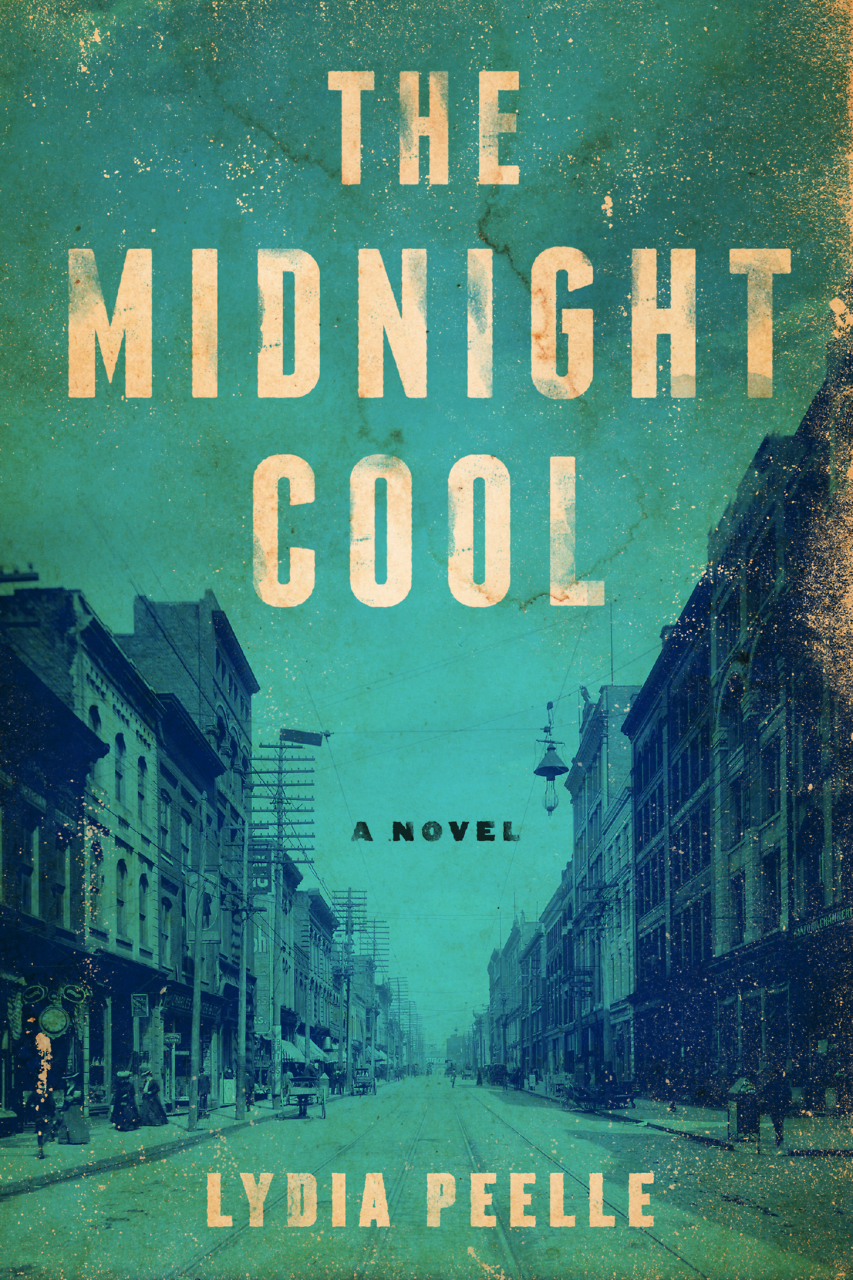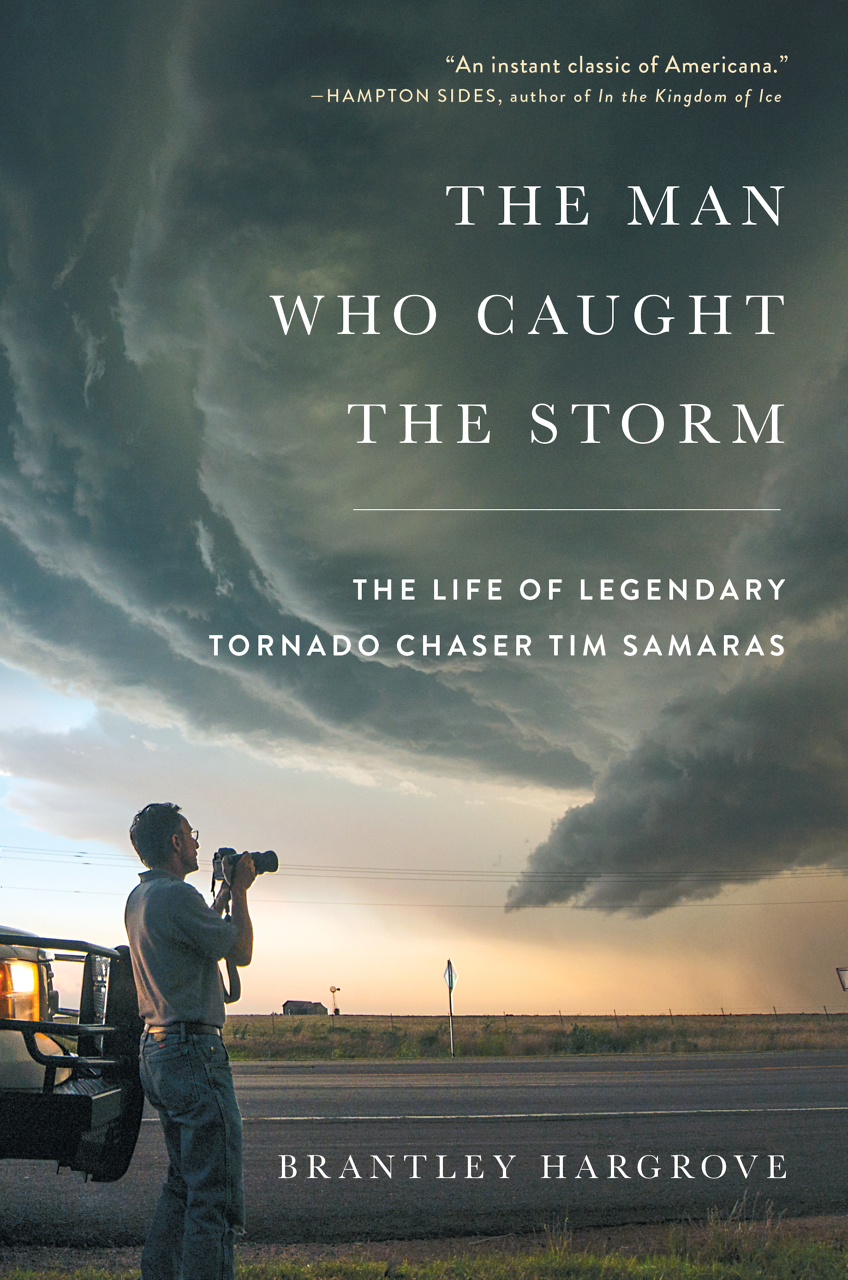Hear Me Out
In M.O. Walsh’s My Sunshine Away, a flawed man culls his memory, searching for atonement
In My Sunshine Away, the debut novel from M.O. Walsh, the suburbs of Baton Rouge boil with all the paradoxes of a Louisiana summer. With swampy wilds pressing in from every side, the residents of Piney Creek Road tell themselves that they have created a different kind of neighborhood—a place where darker threats cannot reach them on their well-tended lawns.
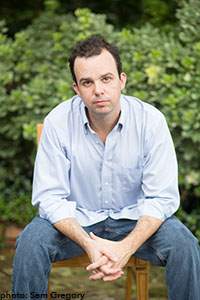 But the contradictions of the place tend to win out. To explain the joyful, desperate summers of his youth, the book’s unnamed narrator invokes his hometown’s obsession with good meals: “When everything else is burning, sweating, beaten down by a torturous sun, only your tongue can be fooled. So you tease it with flavors like promises, small escapes from a blatantly burdensome land. You offer it up sharp spices, dark stews, iced cocktails. Anything you can think of to do.”
But the contradictions of the place tend to win out. To explain the joyful, desperate summers of his youth, the book’s unnamed narrator invokes his hometown’s obsession with good meals: “When everything else is burning, sweating, beaten down by a torturous sun, only your tongue can be fooled. So you tease it with flavors like promises, small escapes from a blatantly burdensome land. You offer it up sharp spices, dark stews, iced cocktails. Anything you can think of to do.”
My Sunshine Away revolves around the events of a night in the summer of 1989: on her way home from track practice, a beloved teenager named Lindy Simpson is raped on the sidewalk, under a busted streetlight. Coldly premeditated, this crime forces the neighbors to rethink their vision of Piney Creek Road as a safe place. No one is ever arrested, but numerous men in the neighborhood become suspects, including the novel’s narrator.
After her rape, Lindy becomes an object of obsession for some, an object of scorn for others. Our narrator views his own obsession with her as something set apart, different from all other ways of seeing her. Since they were young children in the same private school, watching the Challenger explode on TV, he has loved her. He watches her from hidden vantage points. He gathers morsels of information from neighbors. He assembles her image, again and again, from whatever materials he has, including pornography: “The things I made her think,” he says. “The things I made her want.”
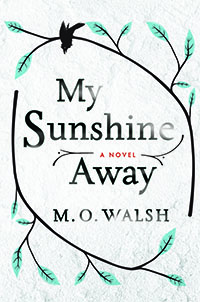 And he is aware of how his confessions come across. “Hear me out,” he tells us. “Let me explain.” From a distance of two decades spent reviewing every detail of these events, he proceeds through his own story, and Lindy’s, with a pained self-awareness of his own apparent unreliability. His need to unburden himself, to seek atonement for whatever role he played, becomes the driving force of the narrative. He knows how bad it all looks, how flawed and naïve he was in those pivotal moments of his youth.
And he is aware of how his confessions come across. “Hear me out,” he tells us. “Let me explain.” From a distance of two decades spent reviewing every detail of these events, he proceeds through his own story, and Lindy’s, with a pained self-awareness of his own apparent unreliability. His need to unburden himself, to seek atonement for whatever role he played, becomes the driving force of the narrative. He knows how bad it all looks, how flawed and naïve he was in those pivotal moments of his youth.
We also enter the narrator’s family life, which is marked by ruptures and traumas of a different nature. This novel may be read as a meditation on the Generation X upbringing and one of its most defining experiences: divorce. From a distance of years, the narrator now recognizes how typical his parents’ breakup was, describing his father as “a canary who felt the need to escape his clean wire cage. A man who, like so many others, flew the very coop that he himself had made.” His older sisters grown and gone, he lives alone with his heartbroken mother, doing his best to hide from her the turmoil of his adolescent mind and body.
In lesser hands, My Sunshine Away might have become an excruciating read. Poisonous misogyny lurks around its perimeter like predators at the tree line. After all, the male characters around Lindy, including our storyteller, have dissolved her into an abstraction. The good news is that the novel itself never does. The plot may deal heavily in the vagaries of adolescence and sexual threat, but Walsh has sifted through these circumstances with notable authorial maturity. He has written a book that takes the act of reckoning seriously—a book that takes Lindy seriously—and this narrative strategy gives us permission to feel loyalty to such a flawed narrator.
We do—we come to care for him, just as he comes to care more for the people that surround him on Piney Creek Road. Like him, they are vulnerable, prone to seek solace for the daily threats of life and needful of compassion. The biggest surprise of My Sunshine Away turns out be the potent hopefulness that blossoms in its final chapters. How often have we neared the end of a novel we’ve loved—full of gorgeous prose, keen insight, and suspenseful turns of plot—only to get a little nervous? What is this all adding up to? Where is the author taking us? Walsh manages to see his risky story through, all the way to its deeply satisfying final moments.

Emily Choate holds an M.F.A. from Sarah Lawrence College. Her fiction is forthcoming from The Florida Review, Tupelo Quarterly, and The Double Dealer, and her nonfiction has appeared in Late Night Library, Yemassee, and elsewhere. She lives in Nashville, where she’s working on a novel.
